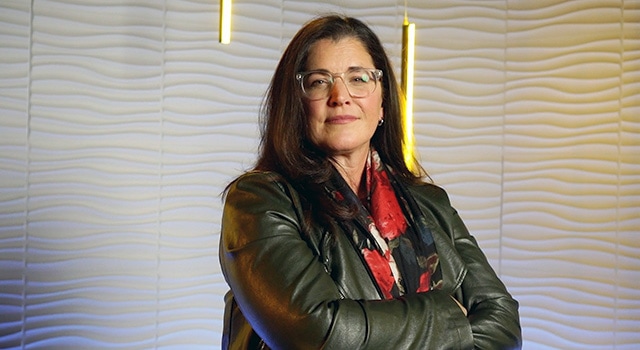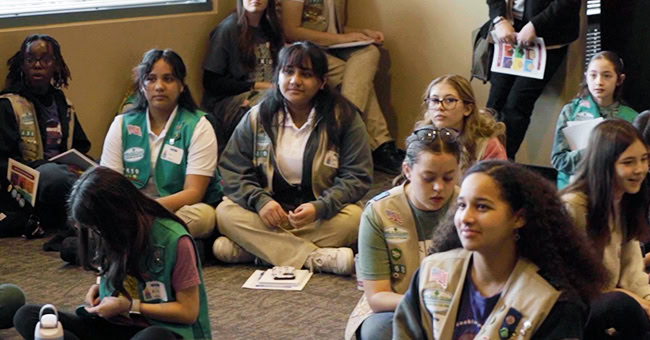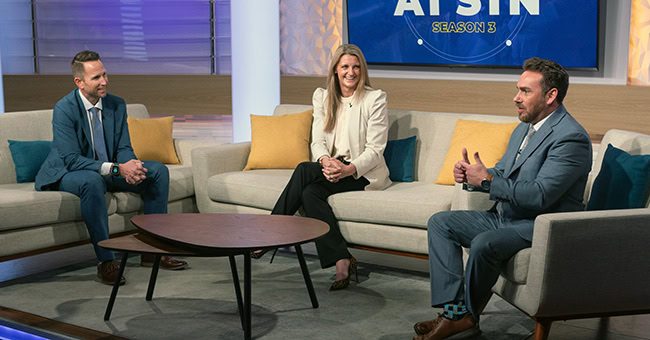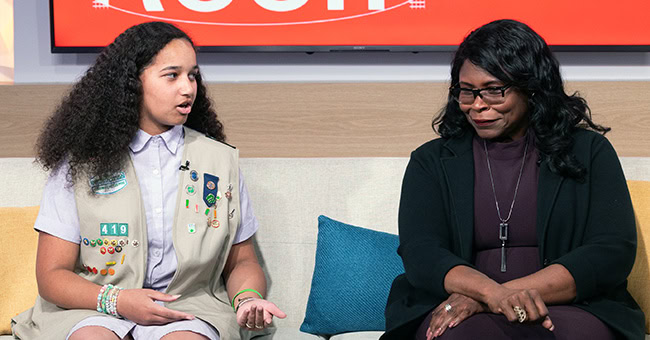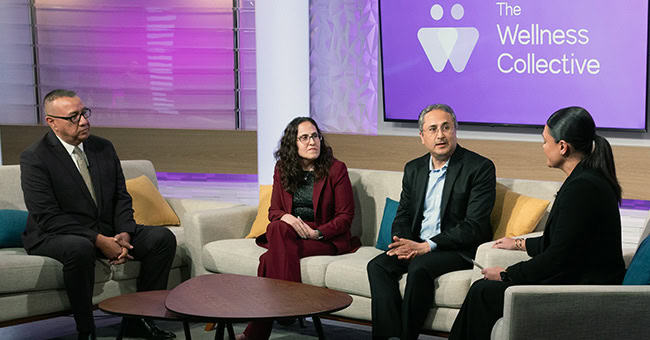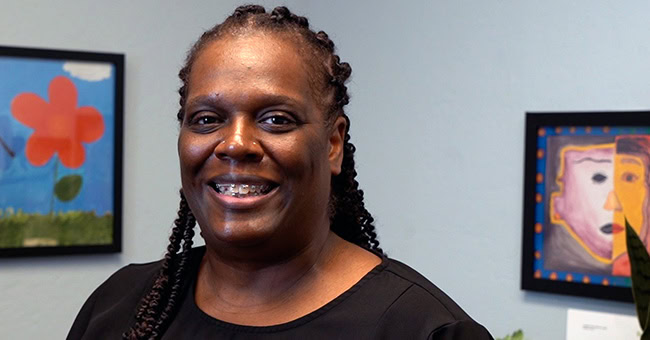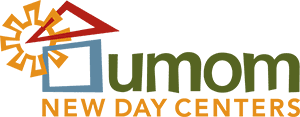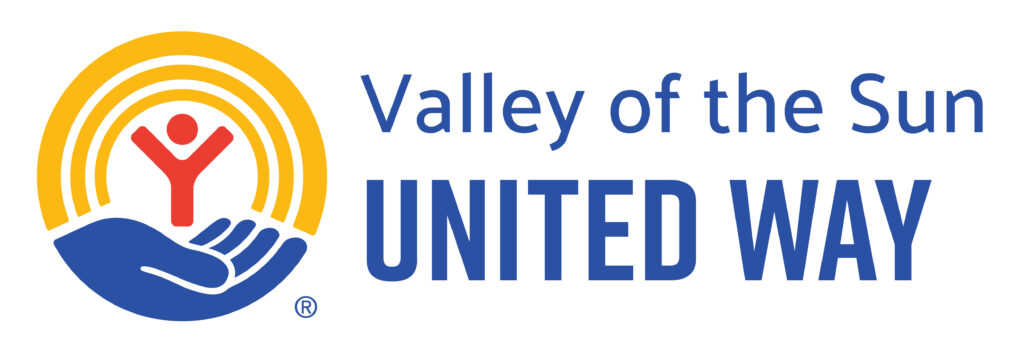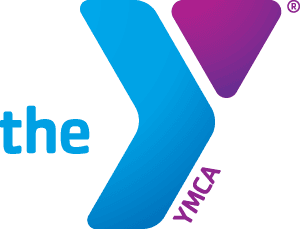Nicole Newhouse, the executive director of the Arizona Housing Coalition, spearheads the organization’s efforts in creating innovative strategies to address homelessness and expand affordable housing in Arizona.
Drawing from her family’s personal experiences in the housing market, she works to emphasize the organization’s three pillars: collaboration, education, and advocacy to tackle the housing crisis in Arizona head-on. It is one of the main reasons she chose to work with Arizona Housing Coalition after leading other businesses in different sectors of the marketplace. Newhouse’s work with the housing coalition focuses on empowering communities and fostering equity in housing opportunities across the state.
.Web exclusive extended interview below:
STN:
What is your hometown, and could you share your family’s background in real estate and purchasing homes?
Nicole Newhouse:
I am originally from Brooklyn, New York. My family’s real estate history begins with my great-grandfather, who emigrated from Sicily in the early 1900s and owned an apartment building in Brooklyn. Despite facing language barriers, he acquired three buildings while working as a porter for Pfizer. Unfortunately, he lost all but one, which remained in our family until the mid-70s.
My father eventually moved our family to Long Island and later on, while working for IBM, my father moved us to North Carolina. At the age of 23, I was able to purchase my first house in North Carolina, then in 1988, I found my way to Arizona.
Unfortunately, in today’s real estate climate, my 25-year-old daughter cannot afford to buy a home of her own, and rent prices are so high that she can not afford her own apartment unless she decides to have four roommates to make the rent more affordable.
STN:
Is that one of the things driving your purpose for the social transformation in your work with AZ Housing Coalition?
NN:
One of the main reasons why working for the Arizona Housing Coalition is so important to me is because it fills a gap for everyone earning between 40% and 120% of the average median income. There’s simply not enough housing available, and for every one person who is able to get out of homelessness, two more end up in the same situation in Maricopa County. It is a real problem that needs to be addressed.
STN:
How does the Arizona Housing Coalition work to address these big systemic issues in homelessness and affordable housing? There are three pillars that you all focus on, talk about how those pillars are incorporated into your work.
NN:
The Arizona Housing Coalition operates based on three key pillars. First, we prioritize education, collaborating with over 400 organizations statewide to enhance service delivery through comprehensive education initiatives. The second pillar is coordination.
Our second pillar revolves around statewide coordination efforts. We organize events known as veteran stand downs, where we coordinate services specifically tailored for homeless veterans and those at risk of homelessness. By centralizing these services, we can ensure that the veterans we serve only need to visit one location to access all the supportive services they need.
Finally, advocacy plays a vital role. We engage in advocacy efforts at the local, state, and federal levels to promote the passage of laws that bolster affordable housing availability and secure adequate funding to sustain essential services.
STN:
When it comes to collaboration, what do you look for when you are trying to find collaborative partners to bolster AZ Housing Coalition’s work in homelessness and affordable housing?
NN:
When it comes to collaboration, I prioritize problem-solving and an open-minded approach. I believe in approaching every challenge with radical curiosity, acknowledging that we may not have all the answers individually but can work together to find solutions. Being receptive to each other’s ideas and perspectives is key, and I’m always willing to explore different angles to reach a resolution. I usually prefer meeting people in person, getting to know them, and understanding their personalities. I think it is the best way to learn how to collaborate with other groups of people.
To learn more about the work Arizona Housing Coalition is doing click here.


